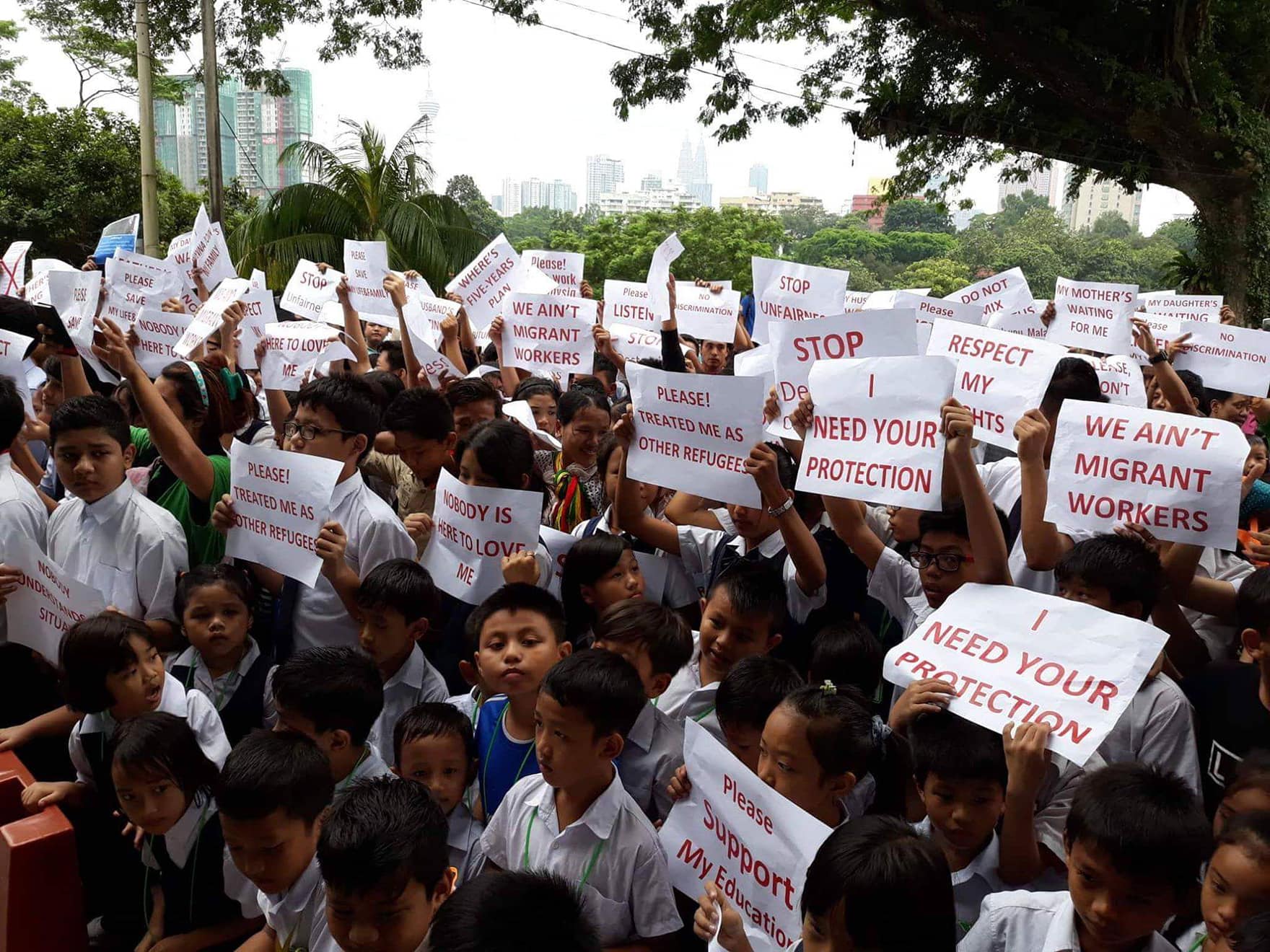The UN High Commissioner for Refugees (UNHCR) announced last week that it will phase out the refugee status of Chin people from Myanmar because the situation in Chin State has become stable and secure. Many Chin refugees, however, say they still need protection.
“Generally, refugee status and the international protection it affords is only provided by UNHCR for the length of time it is needed,” a spokesman for the agency said in a statement released to journalists in Malaysia, which is home to more that 30,000 Chin refugees.
The spokesman said that UNHCR has determined that Chin State is safe enough for repatriation based on its analysis of political, social, and security developments, as well as on consultations with Chin community leaders in Malaysia.
Aside from Malaysia, the agency’s decision will primarily affect Chin refugees in Thailand and India. The spokesman said UNHCR will support refugees who wish to return voluntarily and explore resettlement options in third countries for those who are eligible. Some may be allowed to stay and work in Malaysia before the refugee program is fully shut down.
“For the last four years, UNHCR has also advocated with the Malaysian government to regularize Chin refugees into its domestic labor migration scheme,” said the spokesman. “This would allow them to live lawfully for a transitional period, contribute to the requirements of the economy, and be self-sufficient.”
Chin refugees were first informed of UNHCR’s decision on June 13. The process of ending their refugee status will begin in August 2018 and conclude by Dec. 31, 2019.
Last Friday, the Alliance of Chin Refugees (ACR) responded to decision by holding a 30-minute protest outside the UNHCR’s Kuala Lumpur office.
One protester told Malaysian news site The Star: “Within 18 months, we need to seek our future and decide it. Of course, things have changed compared to 20 years back, but the truth is there are a lot of things to be changed.”
“We are refugees, not migrant workers,” another said.
The protest ended when five community leaders were invited in to meet with UNHCR officials. UNHCR later clarified that those who believe they still need protection can request interviews with the agency.
While many in Myanmar today say Chin people’s struggles stem from Chin State’s poverty and lack of infrastructure, Chin refugees say they still face anti-Christian persecution in Buddhist-majority Myanmar. The state’s lack of roads, airports, and other drivers of economic activity, as well restrictions on the construction of churches as the construction of Buddhist pagodas rapidly spikes, are frequently presented as evidence of systemic anti-Chin policies.
last week, UNHCR came under similar criticism after the text of its secret agreement with the Myanmar government about the repatriation of Rohingya refugees in Bangladesh was leaked to the public. Rights groups have said the terms of the agreement may place Rohingya refugees back into the same deadly situations they fled.





Reader Interactions